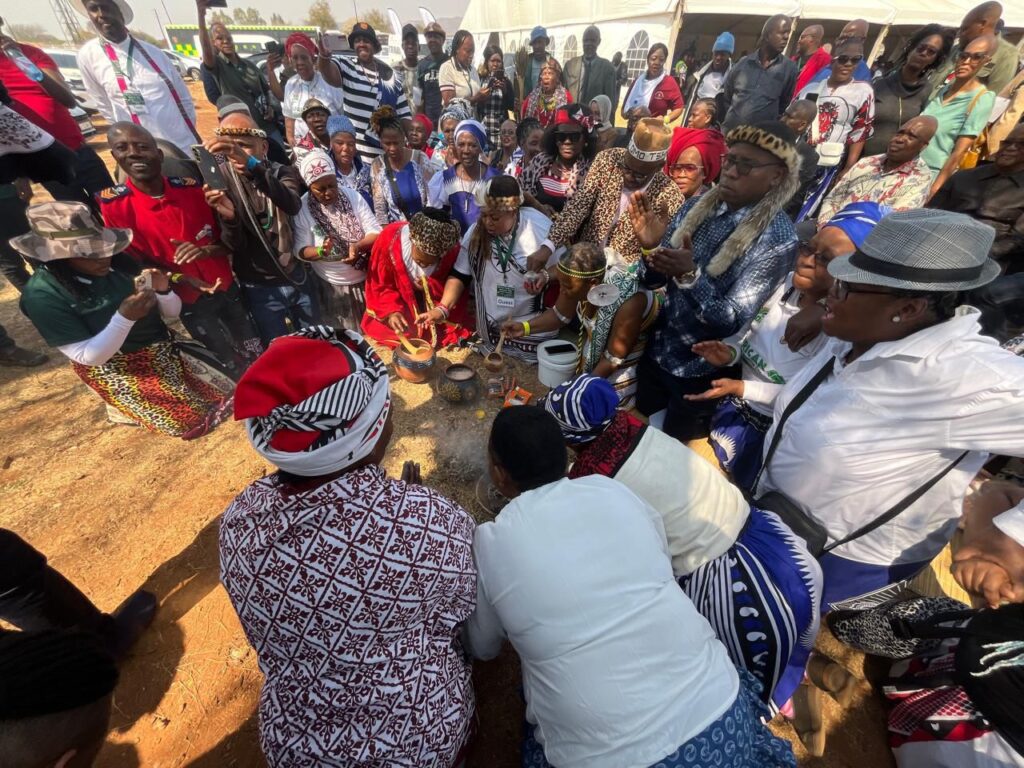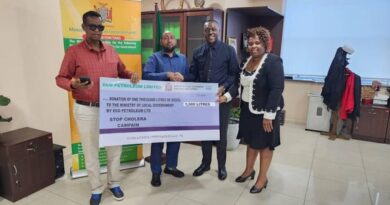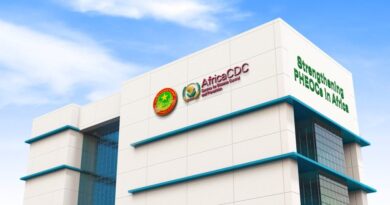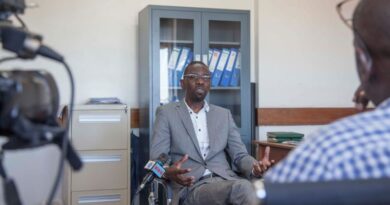South Africa Marks African Traditional Medicine Day with National Commemoration
South Africa has reaffirmed its commitment to integrating traditional medicine into its national health system with a vibrant commemoration of African Traditional Medicine Day in Moruleng, Moses Kotane Local Municipality.
The event, held on 29 August, was attended by Deputy Minister of Health Dr Joe Phaahla, the Chairperson of the Interim Traditional Medicine Practitioners Council, traditional health practitioners and other dignitaries.
African Traditional Medicine Day, celebrated annually on 31 August, traces its roots to a resolution adopted in 2000 by African health ministers during the 50th session of the WHO Regional Committee for Africa in Ouagadougou, Burkina Faso. The day recognises the role of traditional medicine in providing affordable, accessible and culturally rooted healthcare to millions of Africans.
Proceedings opened with a cleansing ritual using Impepho, symbolising ancestral healing knowledge and its relevance to modern public health. Traditional health practitioners, trained with WHO’s support, showcased skills in managing noncommunicable diseases such as diabetes, hypertension and cancer. This demonstration followed the joint training of 51 practitioners and community health workers, aimed at strengthening prevention, early detection and referral systems.
In his remarks, the WHO Representative reflected on 24 years of progress since the adoption of the African Regional Strategy on Traditional Medicine. The statement commended South Africa’s policy and legislative frameworks and welcomed the launch of the Global Traditional Medicine Strategy 2025–2034, which seeks to elevate traditional medicine in global health discussions.
The commemoration emphasised several key priorities: integrating safe and effective traditional medicine into national health systems, strengthening regulatory and referral pathways, respecting indigenous knowledge with fair benefit-sharing, and fostering collaboration between traditional and biomedical practitioners.
Traditional African medicine, blending indigenous herbalism and African spirituality, remains a cornerstone of healthcare for around 80% of Africa’s population. In rural areas, it is often the most accessible and affordable option.
South Africa’s national celebration reinforced its leadership in advancing traditional medicine across regional and international platforms, including the African Union, WHO, BRICS and G20. The event highlighted the cultural and health value of African healing systems and the importance of regulated practice to maximise their contribution to primary healthcare.



